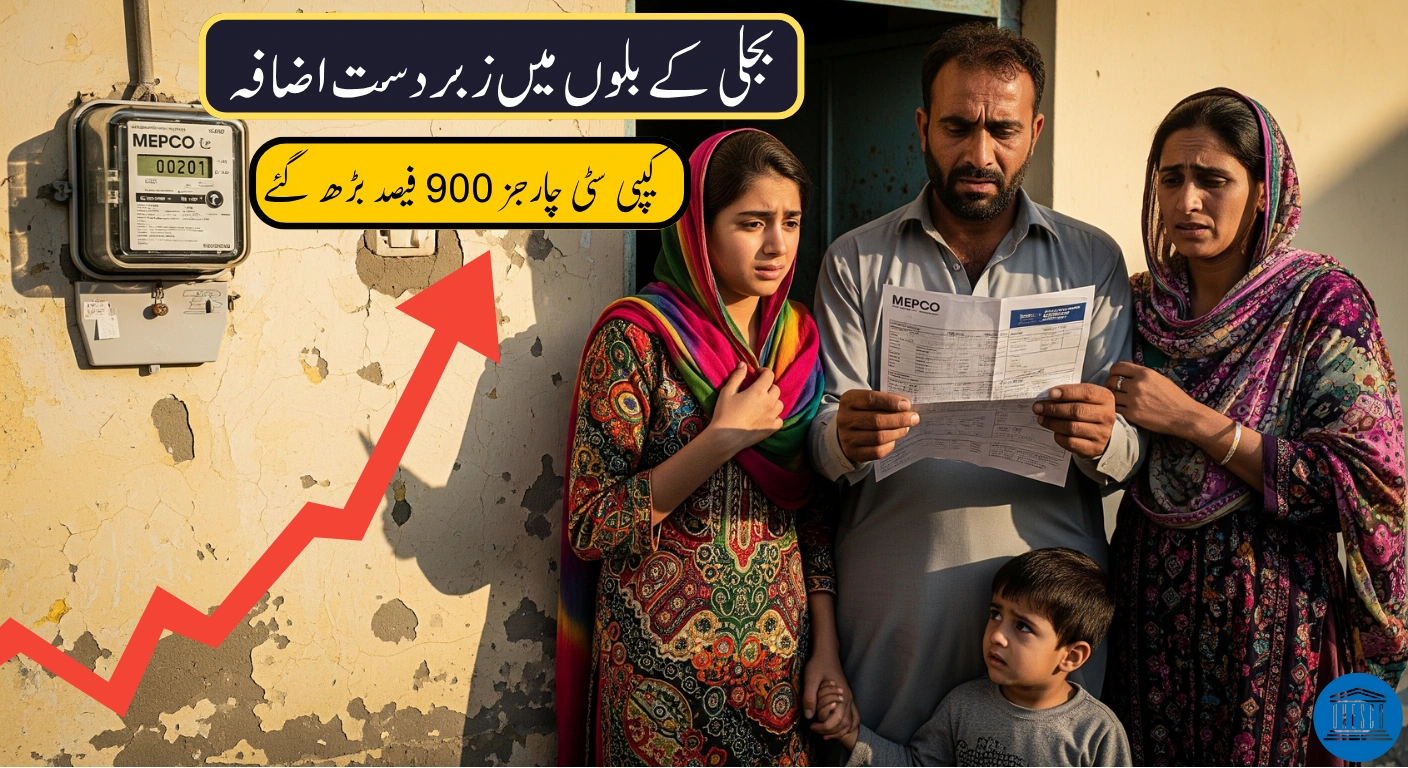Have you noticed your electricity bill getting out of hand lately — even when your usage hasn’t changed much? You’re not alone. One of the biggest hidden culprits behind this increase is something called capacity charges — and they’ve shot up by nearly 900% over the past decade.
In simple words, capacity charges are fees paid to power generation companies to ensure that electricity is available on demand — even if it’s not actually used. Think of it like booking a ride and paying the driver just to stay available, even if you never get in the car. Sounds unfair? That’s what many Pakistani households are feeling right now.
Back in 2015, these charges cost around Rs. 141 billion. But in 2024, that number has exploded to Rs. 1,400 billion. Why? Because over the years, Pakistan has added several new power plants, especially coal and LNG-based facilities, to meet future demand. While this sounds like a smart move on paper, the cost of maintaining these plants — even when they aren’t producing electricity — is being passed on to you, the consumer.
Also Read

Adding fuel to the fire is the rising dollar rate and the dependency on imported coal, which makes these power plants even more expensive to run. So, not only are we paying for unused electricity, but we’re also paying in dollars, which keeps getting more expensive.
What’s Really Going On?
-
Power plants are getting paid just to be ready — even when they aren’t generating electricity.
-
Imported fuel like coal and LNG makes the cost even higher.
-
The rising dollar rate means we’re paying more for the same energy.
This massive increase was recently highlighted in a meeting of the Public Accounts Committee (PAC), where government auditors raised concerns about how these costs are being managed — and more importantly, how they’re affecting the average consumer.
So what can be done? Transparency is the first step. Consumers deserve to understand what they’re paying for and why. Policies need to shift towards renewable, local energy sources like solar and wind, which don’t carry these massive capacity burdens or import costs.
For now, all we can do is stay informed, speak up, and push for energy policies that are fair, affordable, and focused on sustainability.










